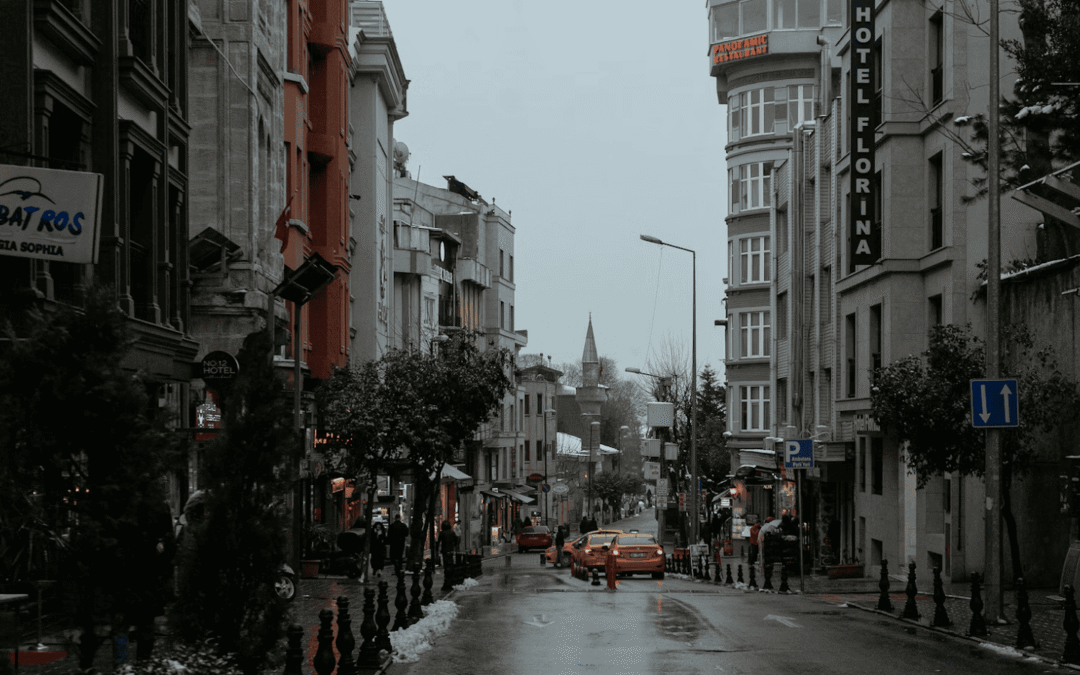We talk a lot about square footage, garden space, energy ratings—but the one factor that rarely gets the drama it deserves? Location. The postcode. The corner of the map where your life happens. That patch of pavement you’ll call home.
And here’s the thing: location doesn’t just influence what your property is worth on paper. It shapes your everyday experience—your morning coffee run, your kid’s school commute, the noise (or blissful lack of it) outside your window.
Let’s break it down, from resale numbers to soul-level satisfaction.
The Emotional Weight of “Home Base”
Ever walked through a neighborhood and just felt… calm? Or maybe slightly on edge, without knowing why?
That’s not by accident. Urban planners, estate agents, and long-time locals alike will tell you—location seeps into your routine, your mood, your sense of self. Living near a green park or quiet canal changes your weekends. Living above a bus stop? That’s a different story.
And for folks scoping out south London? Working with seasoned estate agents in Peckham can open your eyes to spots where value and lifestyle actually intersect. Not just theoretical proximity to a train line, but real, walkable life around you.
Okay, But What About the Money?
Right—this is still property we’re talking about. And yes, location can absolutely swing the value of two otherwise identical homes by tens (sometimes hundreds) of thousands of pounds.
Here’s how location translates into long-term property value:
- Transport links: If you’re five minutes from a Tube station (especially one that actually runs on time), buyers will notice—and pay for it.
- School catchment areas: This one’s huge. Even folks without kids understand that good schools drive prices.
- Local amenities: Think real grocery stores, pubs that aren’t chain-owned, decent coffee within walking distance.
- Regeneration zones: Areas with active council investment—new infrastructure, housing upgrades, or creative enterprise grants—tend to see a strong upward curve in value.
That said, not every “hot area” today stays hot forever. Trends shift. What’s hip now might be passé next decade. But strong fundamentals—transport, schools, safety—those have staying power.
Beyond Resale: Do You Like Living There?
Here’s a question people don’t ask enough: Do you enjoy being at home?
Not just indoors, but outside your door. That three-block stretch between your front steps and the high street—does it feel like yours? Does it feel safe at night? Do the trees look healthy?
A great location means you want to be there. And that’s not fluff—it’s practical. You’ll walk more, engage more, stress less. You’ll know your neighbors’ names. Maybe their dogs too.
These small, intangible factors? They add up. Fast.
Commuting Isn’t Just About Time
Let’s be real: a “reasonable commute” in London is a bit of a myth. But where you live still massively affects how draining—or manageable—it feels.
A home near multiple transport options gives you backup. If one line’s down, you’re not stranded. If you bike or walk, having quiet backstreets or cycle lanes makes that lifestyle doable, not just aspirational.
And don’t forget: the longer your commute, the shorter your evenings. That’s a lifestyle cost no spreadsheet will capture.

The Wild Card: Community Vibe
This one’s tricky to quantify, but you’ll feel it.
Some neighborhoods have that elusive buzz. You know, where the corner store guy nods at you after week two. Where there’s a community garden, or a WhatsApp group for local events, or even just a well-loved pub where people actually talk to each other.
Other places? They feel like holding zones. Safe, but not alive.
Long-term happiness often depends on that subtle pulse—a sense that you’re part of something, not just parked near it.
So… How Do You “Pick” the Right Place?
It’s part research, part gut feeling. Try this:
- Walk the area at different times—weekday mornings, weekend nights, mid-afternoon.
- Talk to locals—not just the agents. People outside the bakery or pushing prams at the park have nothing to sell you.
- Trust your nervous system—do you breathe easier here? Or a bit tighter?
And remember: your home isn’t just an asset. It’s the backdrop to your actual life.
Final Thought: Buy with Your Head and Your Gut
Sure, property value matters. But so does joy. So does feeling safe. So does not hearing the bin lorry at 5:40 a.m. every Thursday.
If you’re hunting for that rare overlap—financially smart and emotionally satisfying—look past the bricks and zoom out. Check the map. Walk the street. Picture yourself coming home, rain-soaked and tired. Does it still feel good?
That’s your spot.

“Location is truly one of the most important factors when it comes to both the long-term value of a property and the day-to-day enjoyment of living there. A great location can mean better schools, convenient amenities, safer neighborhoods, and future growth potential—all of which boost property value over time. Plus, being close to what matters most to you makes your living experience more fulfilling and stress-free.